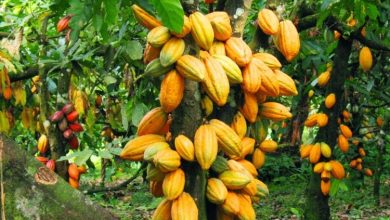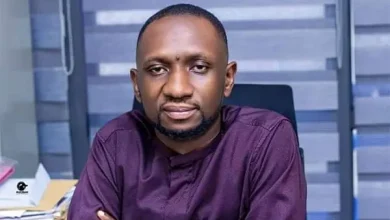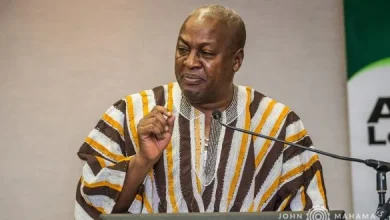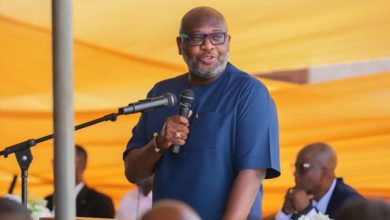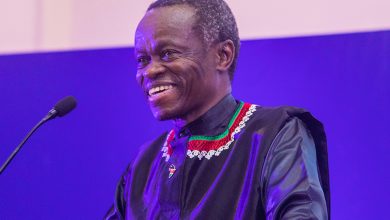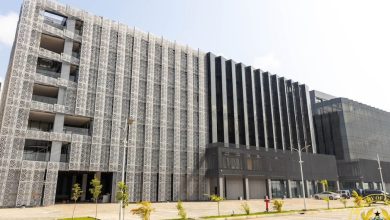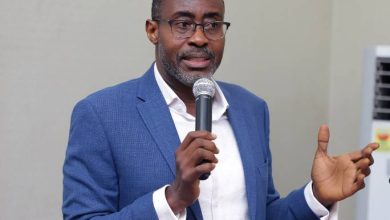Gov’t committed to end perennial flooding – Asenso-Boakye
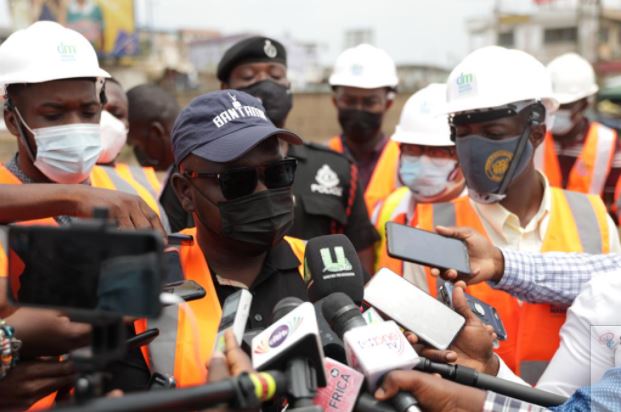
The Minister of Works and Housing, Francis Asenso-Boakye, says the government is committed to rolling out measures to prevent or mitigate flooding this year.
Asenso-Boakye was speaking during a working visit to flood-prone areas of the capital, Accra to ascertain the level of drainage works by Dredge Masters, a subsidiary of Ghana’s leading waste management company, Zoomlion.
The visit formed part of the government’s efforts to prevent flooding in the country this year.
Asenso-Boakye also revealed that the government has spent GHS 230 million to deal with the flooding situation in the country so far, adding more resources will be committed to preventing the perennial situation.
“Within the last four years, on drainage provisions alone, the government has spent GHS230 million and you saw the dredging works at Odawna that is being done by Dredge Masters. In fact, I’m amazed at the work done so far,” Asenso-Boakye said.
He added: “This annual dredging has helped the country prevent another major flooding. The government will continue to commit resources towards addressing the issue of flooding.”
Enforce building codes
According to him, all hands must be on deck to tackle the issue, charging district assemblies to strictly enforce the building codes to ensure that structures are not built along waterways.
“Government alone cannot address the issue of flooding if as a country, we as citizens don’t conduct ourselves in a responsible manner. I, therefore, urge our colleague citizens and Ghanaians to be more responsible in the disposal of solid waste,” the minister said.
No flooding
Meanwhile, the Operations Manager of Dredge Masters, the company tasked to dredge the Odaw drainage and the Korle Lagoon, Sena Kofi Adiepena, is optimistic major flooding will not occur this year, adding they have so far done about 60% of work.
He, however, lamented the presence of squatters at the banks of lagoons and called on city authorities to intervene to address the situation.
“The third phase of dredging is to ensure that all deposits from the activities of squatters are removed from the Odaw to ensure proper management of the lagoon; and also to facilitate the flow of water through the lagoon into the sea without sediment from refuse being dumped into the lagoon by squatters,” he explained.

